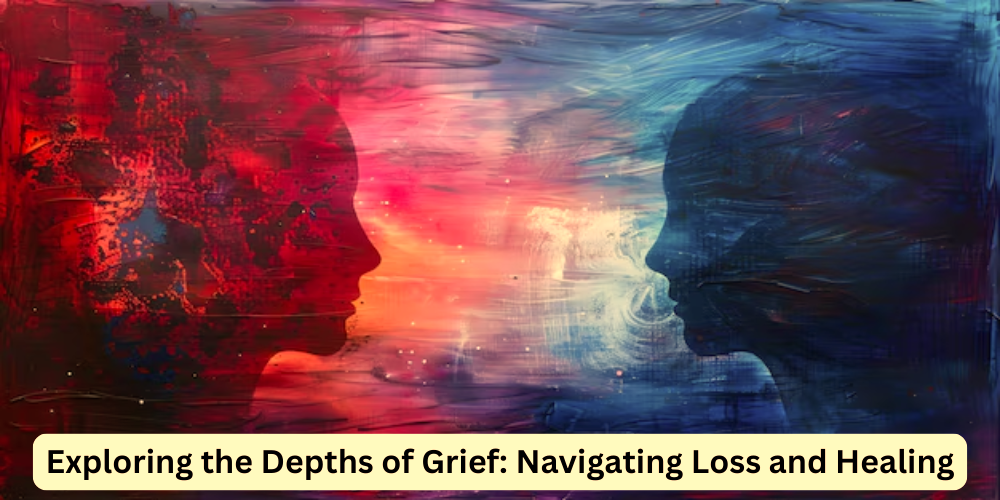Grief is one of life’s most profound emotions, a natural response to losing someone or something we deeply cherish. It doesn’t follow a straight line or come with a universal guidebook. Each person experiences grief uniquely, influenced by their relationship with the loss and the circumstances surrounding it. Navigating through grief can feel overwhelming, but it’s also a journey of healing, reflection, and eventual acceptance.
Understanding Grief: What Is It?
Grief is more than just sadness. It’s a complex blend of emotions that may include anger, confusion, guilt, and even relief, depending on the situation. Psychologist Elisabeth Kübler-Ross outlined five stages of grief — denial, anger, bargaining, depression, and acceptance. However, these stages are not a checklist but rather a framework to understand the waves of emotions one might experience.
Why Grief Feels So Intense
Grief can feel all-encompassing because it touches every aspect of our being. Emotionally, it can manifest as deep sorrow or mood swings. Physically, it may lead to fatigue, changes in appetite, or restlessness. Socially, it might create feelings of isolation or misunderstanding. The intensity often reflects the depth of love and attachment we felt for what was lost.
Navigating the Journey of Grief

While there is no “right way” to grieve, there are healthy ways to navigate this challenging path.
1. Allow Yourself to Feel
Suppressing emotions doesn’t make grief disappear; it delays healing. It’s okay to cry, scream, or feel numb. Giving yourself permission to feel all emotions is a crucial step in processing the loss.
2. Seek Support
Grieving alone can amplify feelings of loneliness. Reach out to friends, family, or support groups who can provide a listening ear. Sometimes, just knowing someone is there can be incredibly comforting.
3. Honor the Loss
Creating rituals or memorials can help keep the memory of your loved one alive. Writing a letter, planting a tree, or even dedicating time to causes they cared about can be therapeutic.
4. Embrace Self-Care
Grief often takes a toll on your mental and physical health. Prioritize rest, nourishment, and gentle activities like walking or meditating. These small acts of care can ground you during turbulent times.
5. Be Patient with Yourself
Healing takes time, and there’s no set timeline for grief. Some days will feel better, while others might feel just as raw as the day of the loss. This ebb and flow are normal.
When to Seek Professional Help
Sometimes, grief can become overwhelming, leading to prolonged feelings of despair or an inability to function in daily life. If you feel stuck or hopeless, consider reaching out to a counselor or therapist specializing in grief. They can provide tools and strategies to navigate the healing process.
Finding Meaning Beyond Grief
Though it may not feel like it initially, life after loss can hold meaning and joy again. Grief changes us, reshaping our perspective on life, relationships, and priorities. Through this transformation, many find a deeper appreciation for the present and a renewed sense of purpose.
A Journey, Not a Destination
Grief isn’t something to “get over.” It’s a journey that becomes part of who we are. While the pain may never fully disappear, it evolves. With time, support, and self-compassion, the heaviness lightens, leaving space for love, gratitude, and new beginnings.
Remember, grief is not a sign of weakness but a testament to the strength of your love. Healing is not linear, but each step forward — no matter how small — is progress. You are not alone in this journey, and there is always hope for brighter days ahead.
